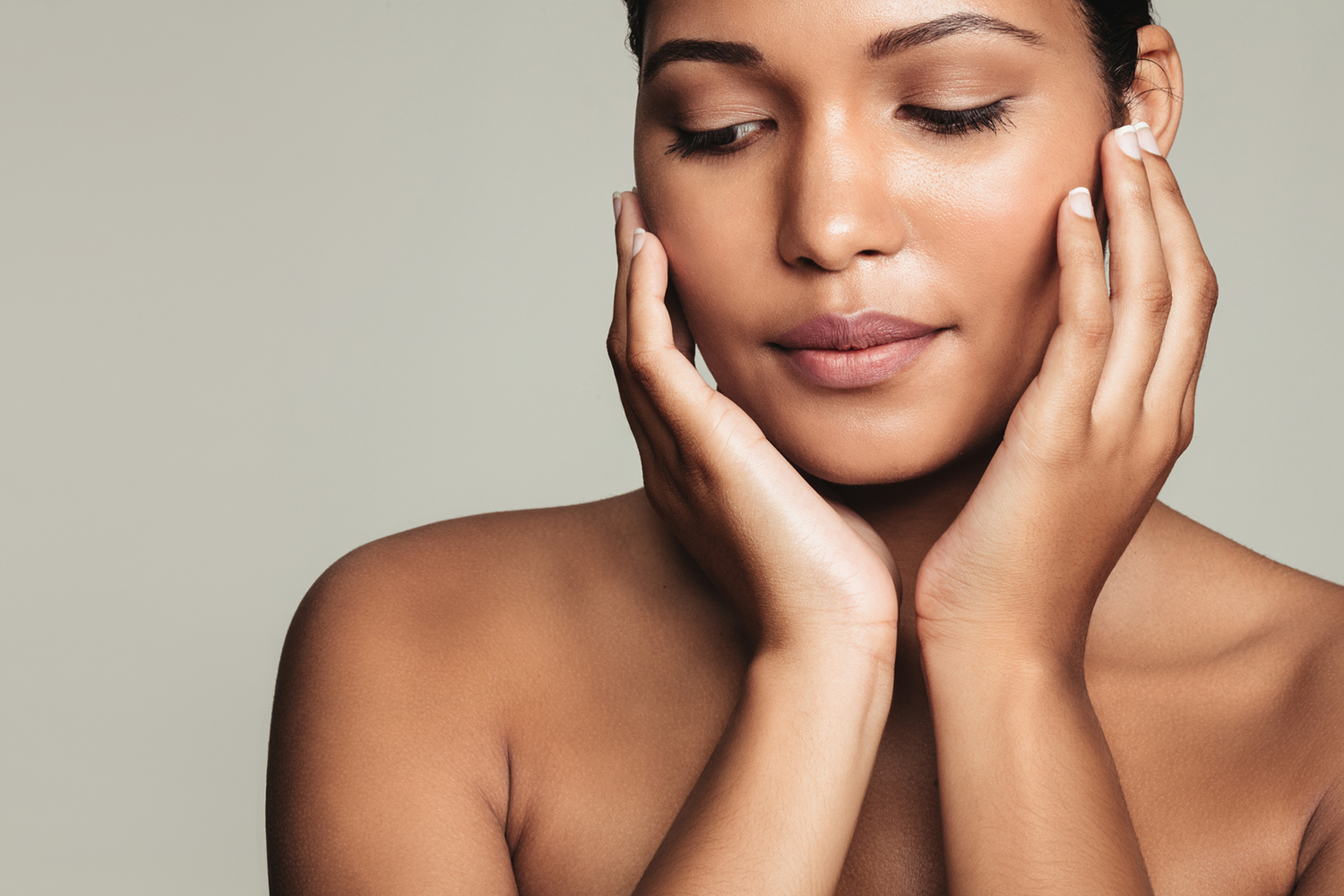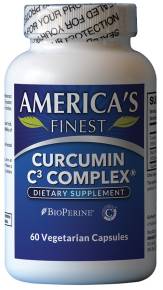Collagen for Beauty

Every woman over 25 (and some men) are constantly reading about collagen pertaining to beauty products and anti-aging. But what does it all really mean in your personal everyday quest in finding the fountain of youth?
What is Collagen?
First, let’s examine what collagen is. Collagen is a protein produced in the human body. It is in the bones, tendons, muscles, and skin. It is also found in the cornea of the eyes, blood vessels, gut lining, teeth, and nails. The word collagen is derived from the Greek word “kolla” meaning glue. So basically collagen is the “glue” that holds the entire body together.
The body produces collagen naturally and it is in abundance when young, but unfortunately production starts to decline at about age 25, and continues. It decreases even more in women after menopause. Collagen also decreases with other factors such as smoking, sugar, and ultraviolet rays. This decrease leads to wrinkles and sagging skin. There is no way to prevent collagen decreases in the body.
Don’t panic, you are NOT doomed! While there is no way to completely stop aging, there are ways to do so more gracefully.
Help Your Body Build and Maintain Collagen
Collagen Skin Care Product Promises Are Misleading
You can help your body maintain and build collagen, once you have some basic information. There is a great deal of misleading and debatable information when it comes to collagen. One fact that most seem to agree on is that collagen skin care products do NOT add collagen to the skin. They are basically “hope in a jar”. Collagen molecules are simply too large to penetrate the skin. They can help moisturize your skin but they will not help build or replace collagen. The active ingredients will just sit on top of your skin.
Support Collagen Production Through Diet
If the active ingredient is collagen, it is always from an animal source. Most of the creams and dietary supplements on the market come from either cowhide or chicken bones. Since collagen is a form of protein, It also cannot be digested whole. It has to be broken down by the stomach just like every other protein we eat. It is important to consume adequate amounts of protein so your body has the amino acids it needs to produce collagen. It’s also important to consume a diet rich in antioxidants (vitamins E, C, and beta-carotene), B vitamins, and minerals such as magnesium and zinc. Foods like blueberries, dark leafy greens, mango, eggs, are great collagen boosters.
You should also consider switching your current oil to avocado oil. A 2006 study published in the Journal of Rheumatology found that avocado oil “significantly increased type II collagen”.
The Basics of Collagen Supplements
If you cannot always eat a collagen-producing diet, supplements are another alternative. The best ones would be a plant-based supplement that helps the body in the production of collagen. It will contains the vitamins and minerals the body needs to help restore and build collagen. Take this with a good protein source and your hair, skin, and nails will love you!
Karim Orange
Karim Orange is a two-time Emmy-nominated makeup artist and green beauty expert, specializing in clean beauty, makeup, and skincare. She is an active urban farmer who advocates for quality food, regardless of social economics. She enjoys traveling cross-country by train and sharing stories with others along the way. Follow her blog at thatgirlorange.com.
Don't Miss a Thing!
Get the latest articles, recipes, and more, when you sign up for the tasteforlife.com newsletter.

